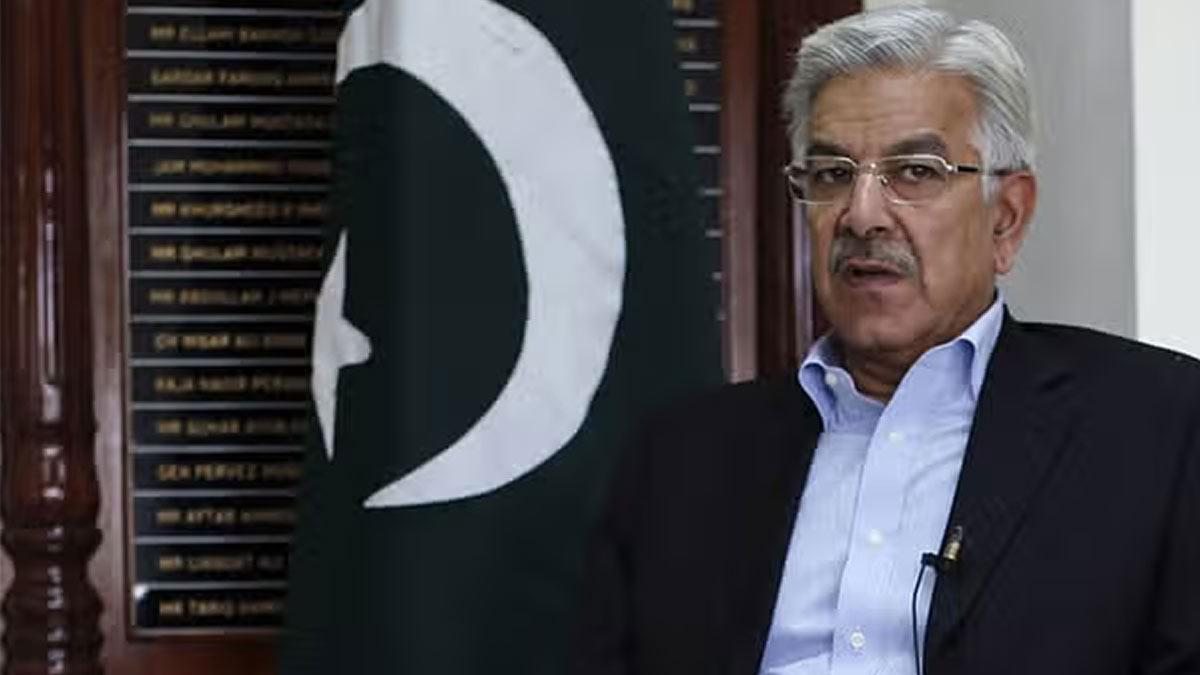Pakistan's Defence Minister Khwaja M Asif also made a candid admission in a recent interview with British news organization Sky News that Pakistan had been performing "dirty work" for America and Western nations.
While answering a question on Islamabad's history of supporting and funding terror outfits, Asif candidly responded, "We have been doing this dirty work for the US for the last three decades, including the West and the United Kingdom."
Even while admitting Pakistan's role, Asif soon called it a "mistake" and claimed that Pakistan had paid a price for what it had done. He further stated that Pakistan's international reputation could have been impeccable if it had not participated with the West in the Soviet-Afghan War and then in the US-led campaign against the Taliban after the 9/11 attacks.
This public admission by the Pakistani minister is at a time of greater scrutiny, especially after the recent terror attack at Pahalgam, where 26 innocent civilians were killed in the Baisaran Valley. The attack has again highlighted Pakistan's history of relations with terror groups.
During the Soviet-Afghan War, Pakistan played a pivotal role in training and providing sanctuaries to armed militants who were fighting against the Soviet forces. This war, which ended in the Soviet retreat, set the stage for an Afghan civil war, ultimately resulting in the Taliban's ascension to power. The crisis was escalated following the 9/11 attacks, during which Osama Bin Laden's al-Qaeda, sheltered by the Taliban, carried out the devastating attack on US territory. Retribution arrived in the form of the United States precipitating an out-and-out war on Afghanistan with Pakistan once more playing a critical role of assisting to the US-led forces against the Taliban government.
Pakistan's provocative support to groups of extremists who target India and allegations of support to Pahalgam attackers in the recent attack renewed worries. The attack claimed the lives of 26 civilians and was pinned on 'The Resistance Front' (TRF), an organization of Lashkar-e-Taiba (LeT), and is led by infamous Hafiz Saeed. The attack has been reported to be carried out by an organization with roots deep within LeT, made up of foreigners from outside Pakistan, with assistance from local insurgents and agents at the command of Saeed, the mastermind behind the 2008 Mumbai attacks.
Agencies found that the terror group that was behind the Pahalgam attack had been operational in Kashmir for months, responsible for scores of high-profile attacks across the region, varying from attacks in Sonamarg, Boota Pathri to Ganderbal.
In October 2024, a few Indian Army troops were killed by a terror attack in Boota Pathri, and another deadly attack was launched in Sonamarg, killing six workers and a doctor. The government suspects that Hashim Musa, who is one of the planners of the Pahalgam massacre, could be behind these earlier attacks as well.
Read also| Russia Asserts Full Control Over Kursk Region, Declares Liberation from Ukrainian Forces


















